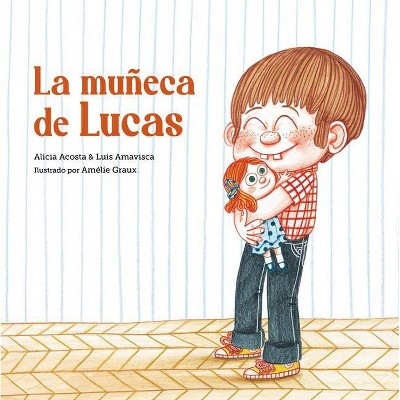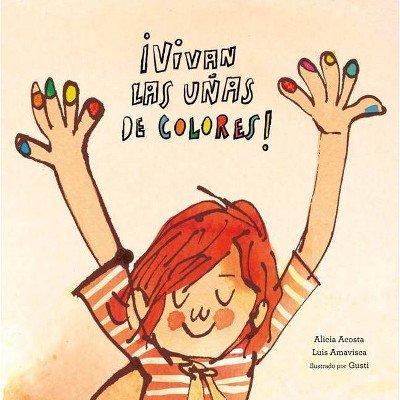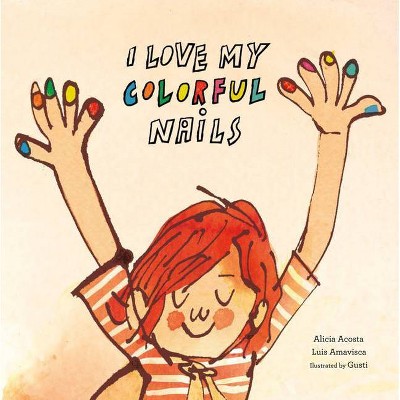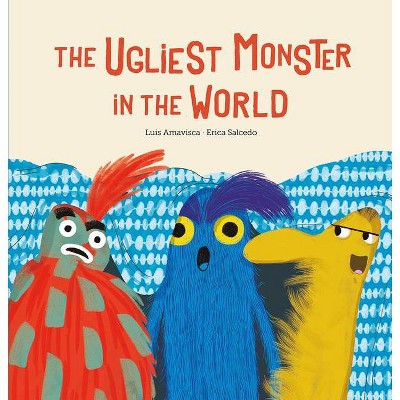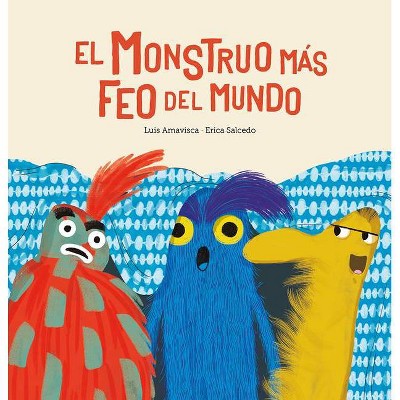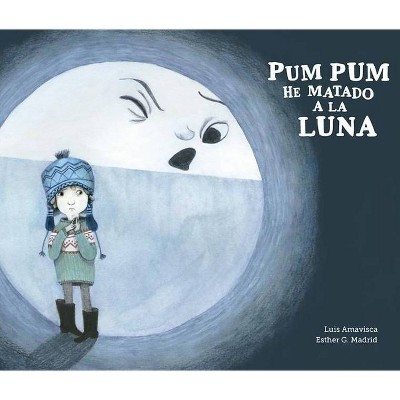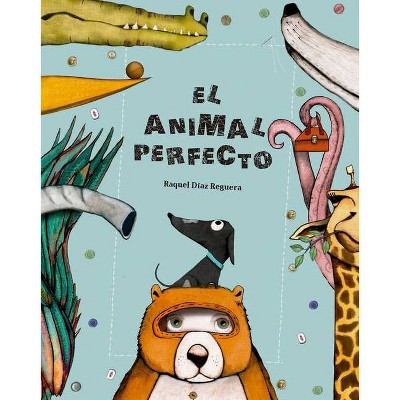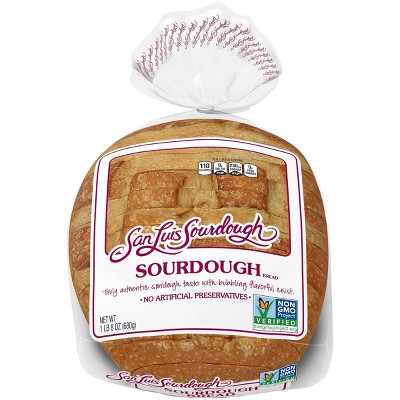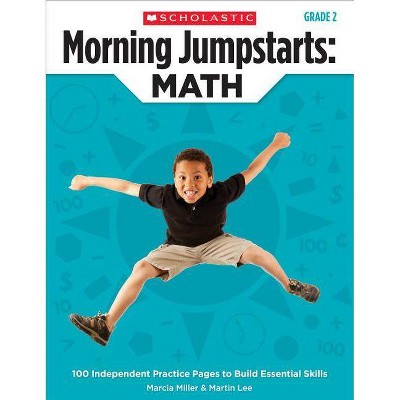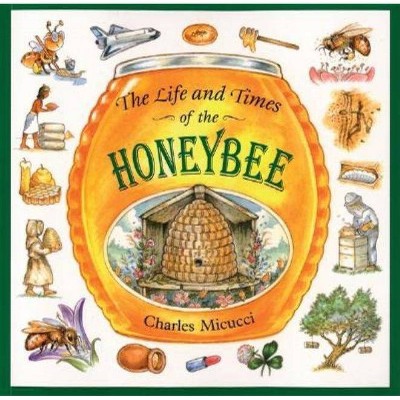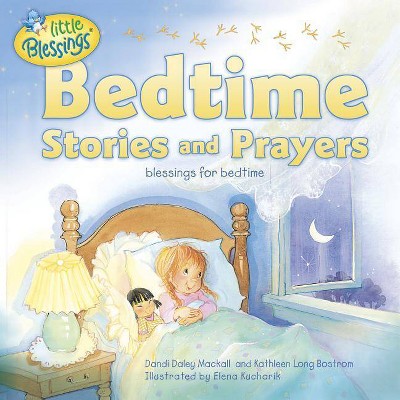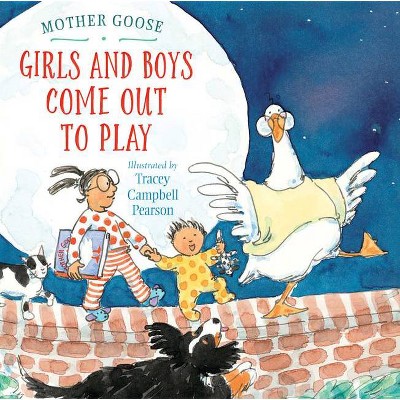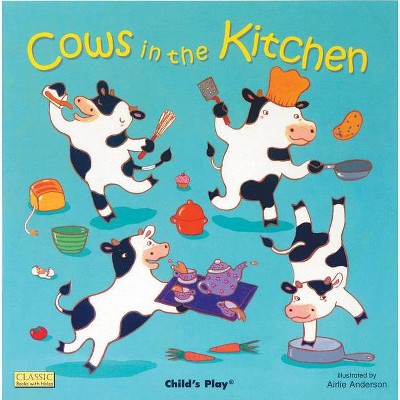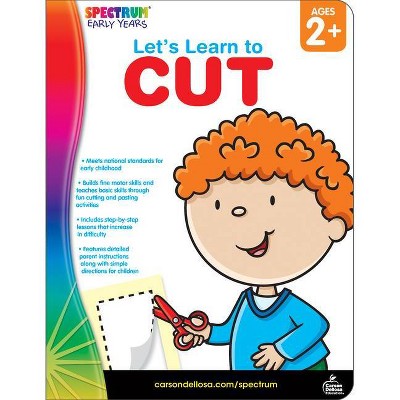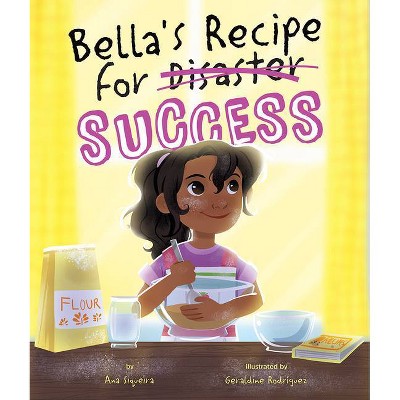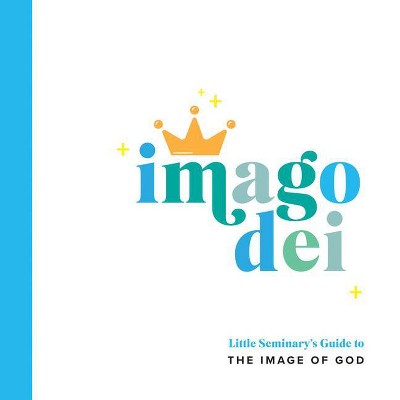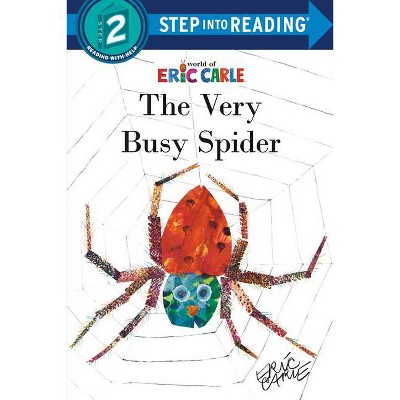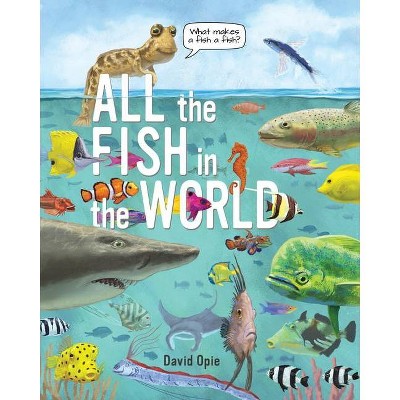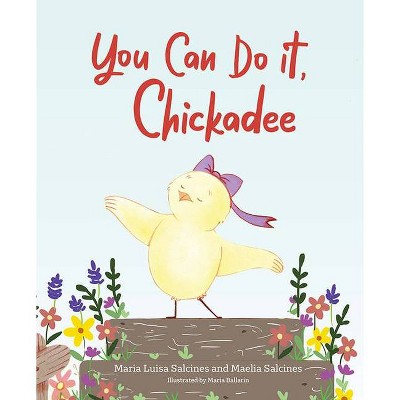No Water No Bread - (Egalité) by Luis Amavisca (Hardcover)
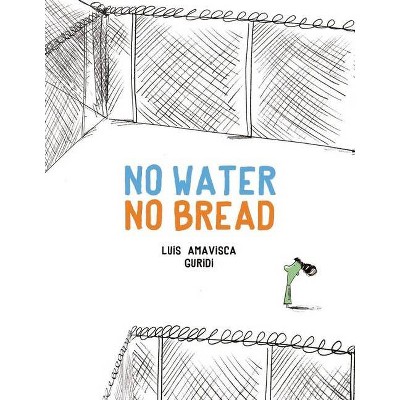
Similar Products
Products of same category from the store
AllProduct info
<p/><br></br><p><b> About the Book </b></p></br></br>Two groups separated by a barbed-wire fence overcome differences and share with those in need.<p/><br></br><p><b> Book Synopsis </b></p></br></br>Two groups of people live separated by a barbed wire fence. One group has plenty of water and the other plenty of bread, but they have difficulty sharing their resources with each other. What happens when a third group arrives that has neither?<br>Created with the support of Amnesty International Spain.<p/><br></br><p><b> Review Quotes </b></p></br></br><br>"Amavisca and Guridi make a direct, useful, and powerful point about strangers, sharing resources, and how children often see more clearly than adults" ― <b>Publishers Weekly</b><br><br>"Even the barbed wire seems springy and looped, not menacing, though the important message is not lost in frivolity. Kids can bring about change, regardless of previous generations' ideas. This Spanish import was published in Europe in collaboration with Amnesty International, and a portion of its sales will go toward protecting human rights worldwide. Empowering in its simplicity" ― <b>Kirkus Reviews</b><br><br>The plight of refugee children unveils itself before us in this small book with a big message.---<b>Vermont Country Sampler</b><br><br>Two groups of people live on either side of a barbed wire fence. One side has water. One side has bread. Neither will share their resources, flatly stating: "This is our water." "This is our bread." The children gather at the fence and trade bread and water, wondering, "Why are our parents like this?" They play ball over the fence, knowing that life would be much better "without the fence". When a new group shows up, the barbed wire fence is sectioned off into yet a third area. Again, the adults hoard their resources while the children all approach the fence, ready to share, and wonder why their parents are like this. In a day and age where some talk about building walls, No Water No Bread asks a simple, powerful question: Why are we like this? Seen through the eyes of a child, we live in a ridiculous society. We tell our children to share, yet decide that others don't deserve basic needs if we find them lacking: if they're from the wrong area of the world, if they're the wrong faith, if they're the wrong color. Simple art and simple words deliver a powerful message that children will understand. Let's hope that the adults do, too. -- <b>Mom Read It</b><br><p/><br></br><p><b> About the Author </b></p></br></br>Luis Amavisca: He is a well-known visual artist and writer for kids in Spain. He has worked and written about equality, solidarity, environment and non-violence.<br>He has published several books including "Princess Li" and "Bang Bang I Hurt the Moon"<br>Raúl Nieto Guridi is a graphic designer and illustrator. Well known in Spain and across the whole of Europe, in the US he has had success with "The Day I Became a Bird" and "The Last Tree".<br>He has published more than 60 books, many of them translated and published in the US, Canada, UK, France, Germany, Italy, Lebanon and more.
Price History
Price Archive shows prices from various stores, lets you see history and find the cheapest. There is no actual sale on the website. For all support, inquiry and suggestion messages communication@pricearchive.us
